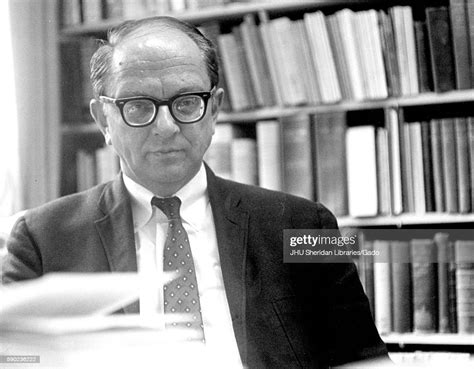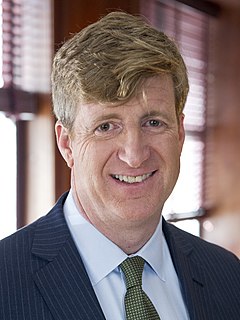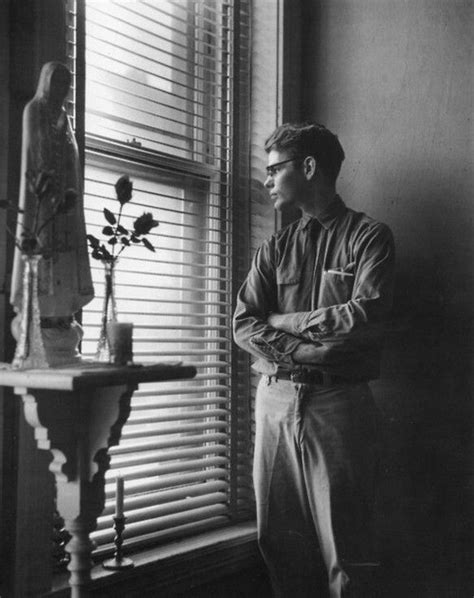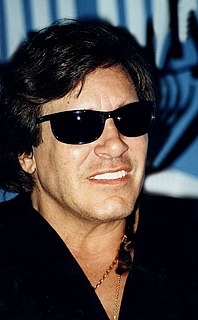A Quote by Khaled Hosseini
I returned to Afghanistan because I had a deep longing to see for myself how people lived, what they thought of their government, how optimistic they were about the future of their homeland.
Related Quotes
The reason this country continues its drift toward socialism and big nanny government is because too many people vote in the expectation of getting something for nothing, not because they have a concern for what is good for the country. A better educated electorate might change the reason many persons vote. If children were forced to learn about the Constitution, about how government works, about how this nation came into being, about taxes and about how government forever threatens the cause of liberty perhaps we wouldn't see so many foolish ideas coming out of the mouths of silly old men.
Up until then I'd thought that white people and colored people getting along was the big aim, but after that I decided everybody being colorless together was a better plan. I thought of that policeman, Eddie Hazelwurst, saying I'd lowered myself to be in this house of colored women, and for the very life of me I couldn't understand how it had turned out this way, how colored women had become the lowest ones on the totem pole. You only had to look at them to see how special they were, like hidden royalty among us. Eddie Hazelwurst. What a shitbucket.
How can you have the mess we have in New Orleans, and not have had deep investigations of the federal government, the state government, the city government, and the failure of citizenship in the Ninth Ward, where 22,000 people were so uneducated and so unprepared, they literally couldn't get out of the way of a hurricane.
We [Afghanistan government] were in the process of cleaning up the government when these attacks happened in the north - not only in Kunduz, but also in other provinces. Our special forces are limited - we cannot be everywhere at the same time and we had to defend every district regardless of how insignificant it might be, because of the very social and political makeup of this country.
China was the most optimistic place I'd ever been. Everybody I met was pretty much convinced that their children would have it better than their parents had had it. It was like being in America in the 1950's, with this deep optimism about the future because everything was getting better, and that fascinated me.




































